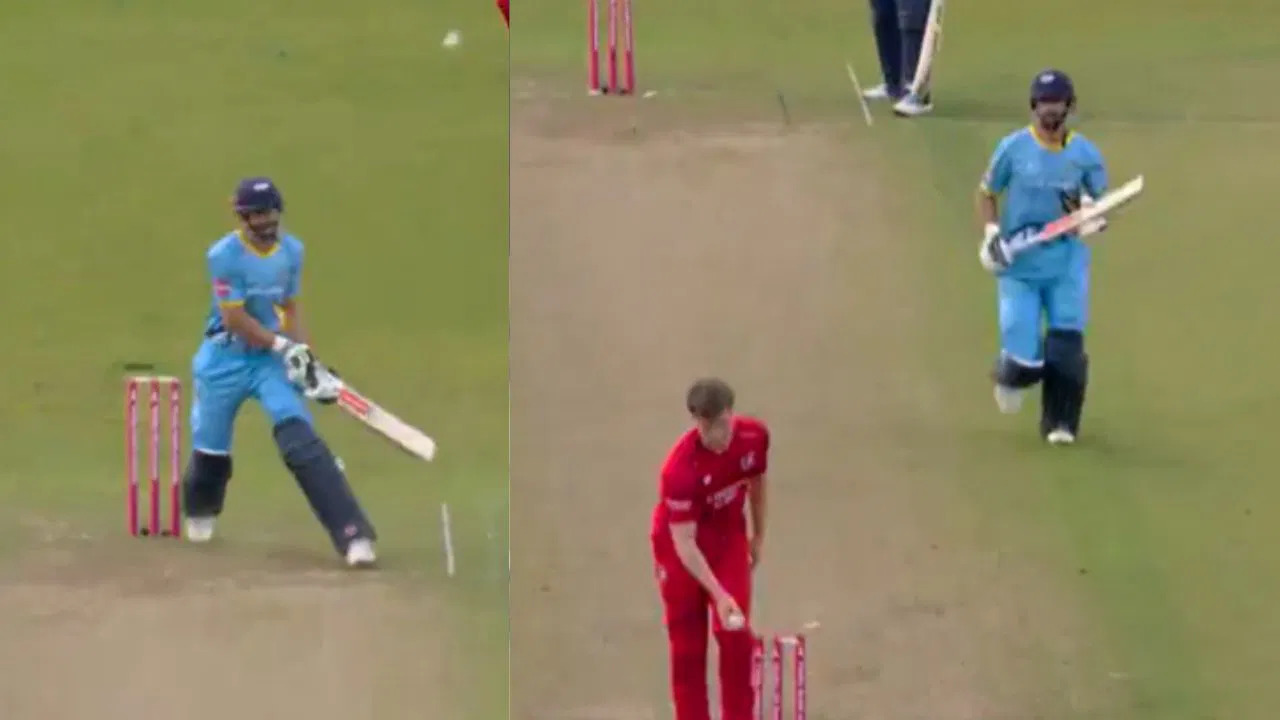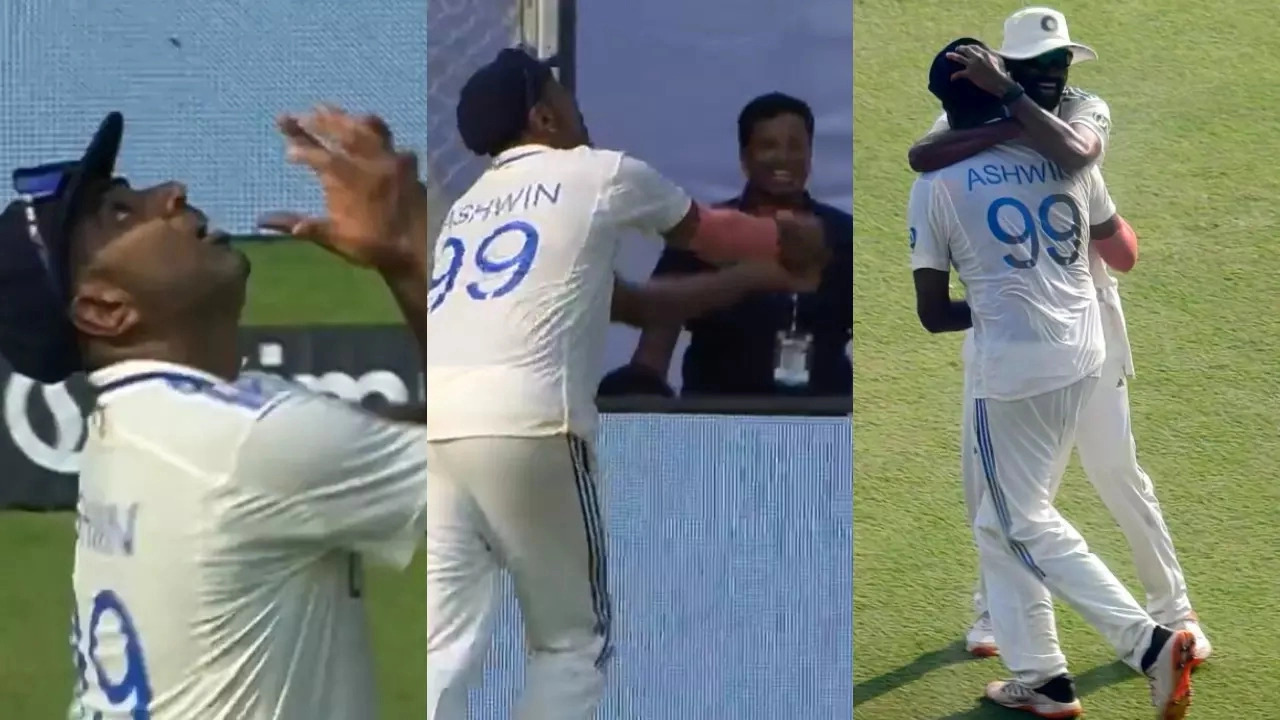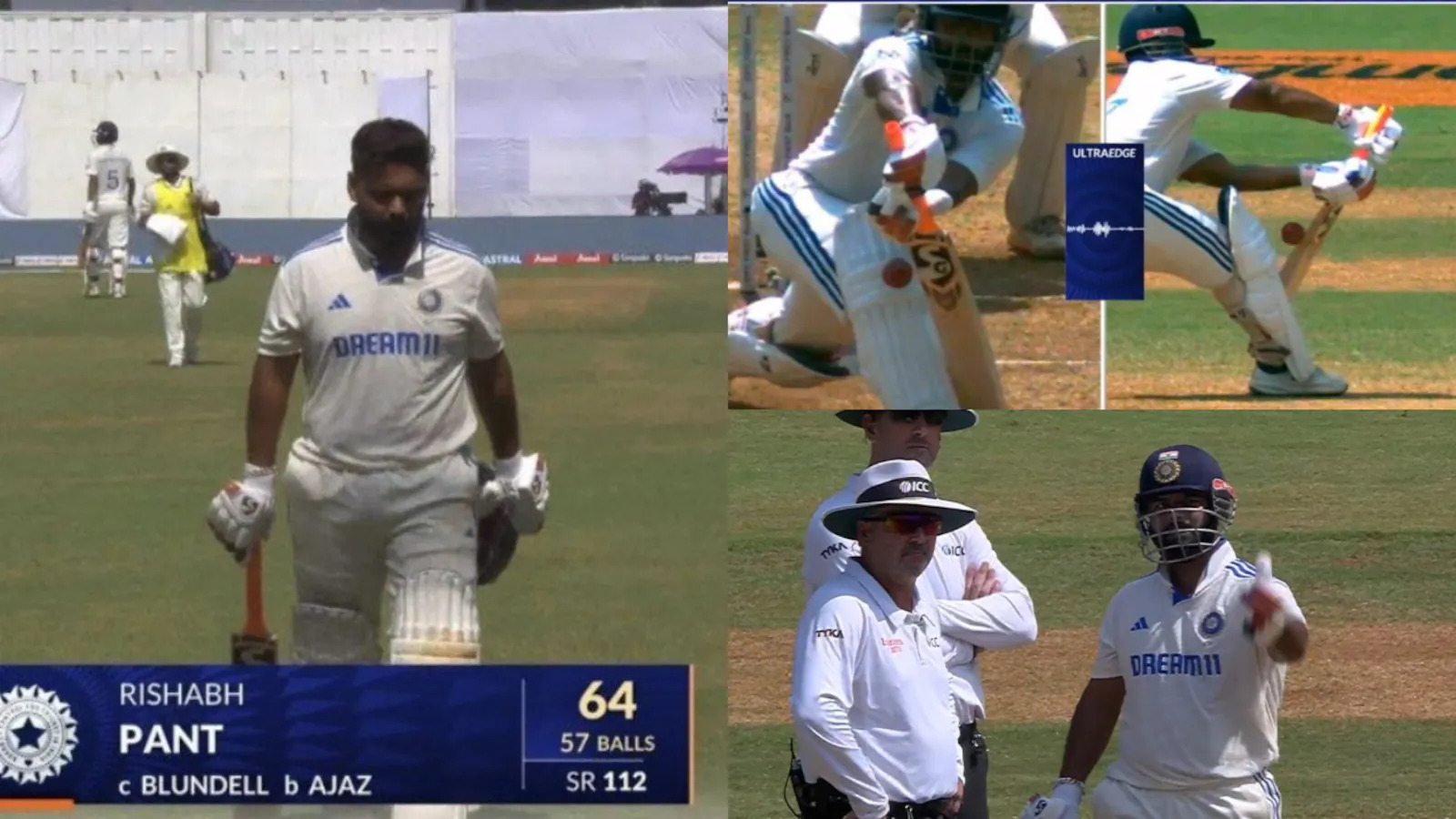The T20 Blast 2024 is turning up to be a wealth of incredible experiences. The competition has consistently produced excitement and thrills, from amazing catches on the boundary line to thrilling run-chases. After reaching his 26th half-century in the format on Thursday, June 20, the captain of the host team, Shan Masood, looked well-positioned for the North Group match between Lancashire and Yorkshire.
For those who are unaware, during the fifteenth over of the first innings, Jack Blatherwick launched an unusual attack. Masood tried a ramp shot in an attempt to get a cheeky boundary, but in addition to misfiring at the ball, the batter lost balance and slammed onto the stumps with his right foot, which led to a hit wicket but to no avail.
Masood’s cause was aided by Blatherwick’s overstepping, incidentally, but the ball that was headed for Matthew Hurst, the fielder at short third, was thrown back at the non-striker’s end by the batter, who was well short of his crease, leading to a run out that could be impacted by the bowler’s overstepping. But before the left-hand batter could return to the dressing room, an unusual cricket law intervened.
Watch the video of the strange incident here:
Shan Masood steps on his stumps off a no ball, Lancashire take the bails off at the other end – but Masood remained not out under law 31.7 pic.twitter.com/yQG6gP6Rac
— Vitality Blast (@VitalityBlast) June 20, 2024
Despite not reaching the crease, why was Shan Masood called not out?
Rule 31.7 was crucial in this situation since it determined Masood’s not-out status even though he was involved in a hit-wicket and run-out event on the same delivery. The umpires gave the matter a lot of thought before referring to MCC Law of Cricket 31.7, which deals with a batsman abandoning the wicket due to a misunderstanding. Masood was not out at wicket because the delivery was a no-ball.
Also Read: Vitality T20 Blast 2024: Marnus Labuschagne makes a spectacular one-handed flying catch
An umpire must step in if they are convinced that a batsman has left the wicket believing they are out even though they haven’t been given out, as stated in Law 31.7. The umpire who steps in will signal a dead ball, call it, and recall the batter in order to stop the fielding side from taking any more action.











 Win Projections to be updated soon
Win Projections to be updated soon














